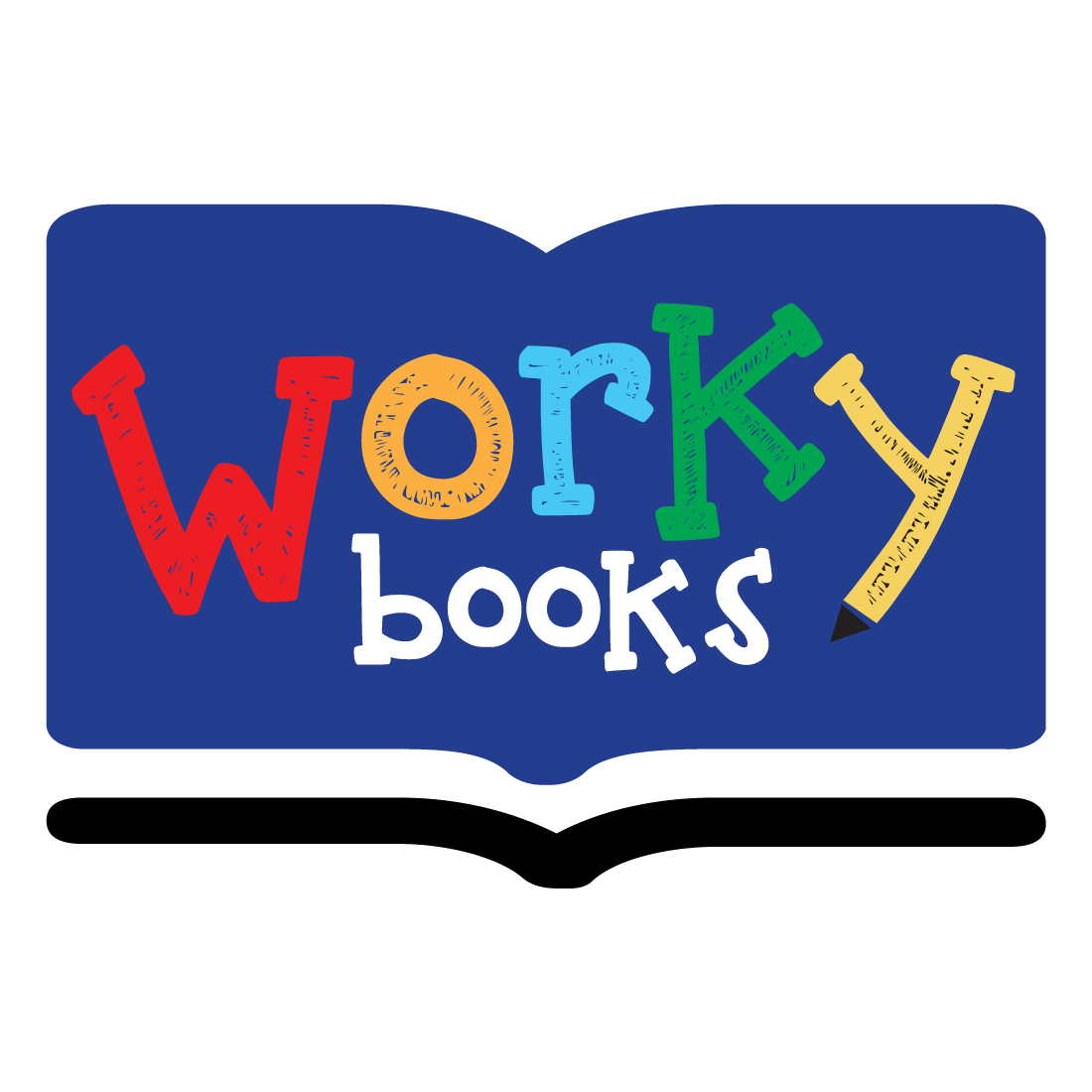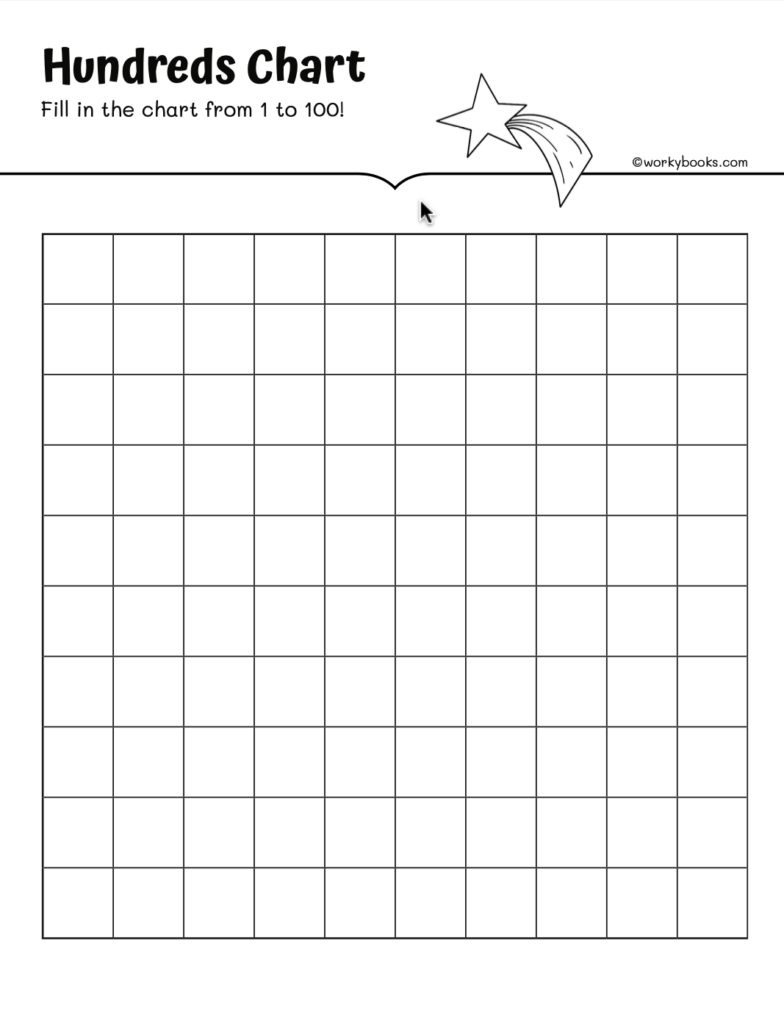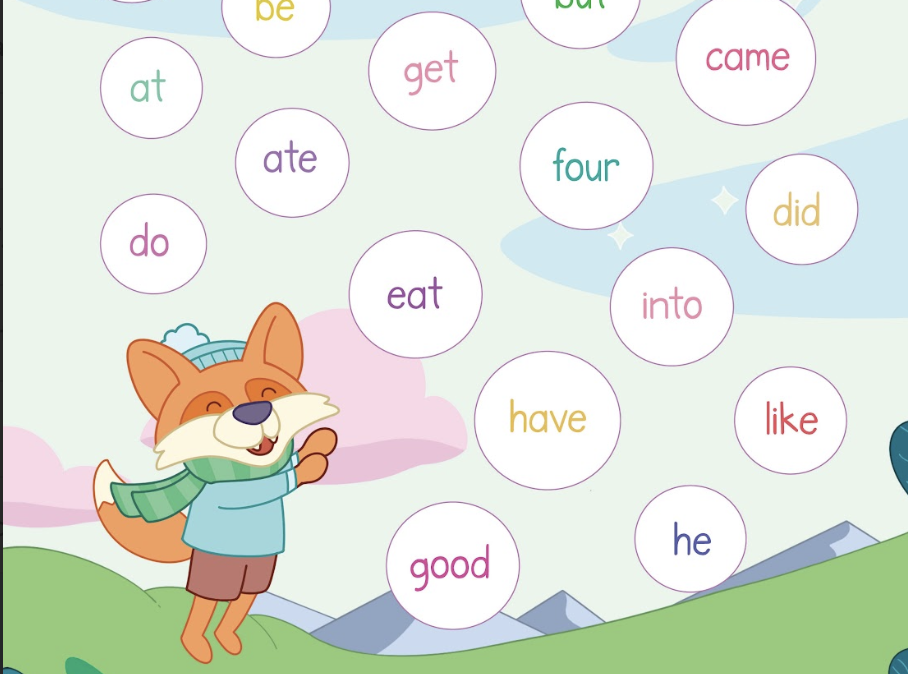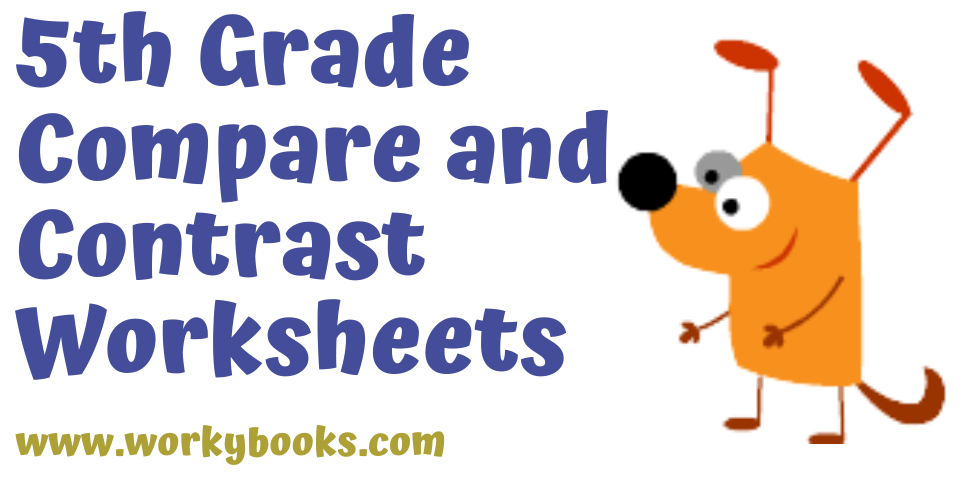Concrete and Abstract Nouns

Welcome to Concrete Nouns vs. Abstract Nouns, where you’ll explore the fascinating world of words that name everything around us! But did you know that there are different types of nouns? In this guide, you’ll learn about two important types: concrete and abstract nouns.
What are Concrete Nouns?
Concrete nouns are words that name things you can see, touch, hear, smell, or taste. They’re all around you! For example, words like “dog,” “apple,” “music,” and “flower” are concrete nouns because you can experience them with your senses. If you can hold it, see it, or hear it, it’s a concrete noun!
Examples of Concrete Nouns:
- Book (you can see and touch it)
- Pizza (you can smell and taste it)
- Dog (you can see, touch, and hear it)
- Flower (you can see and smell it)
- Piano (you can see, touch, and hear it)
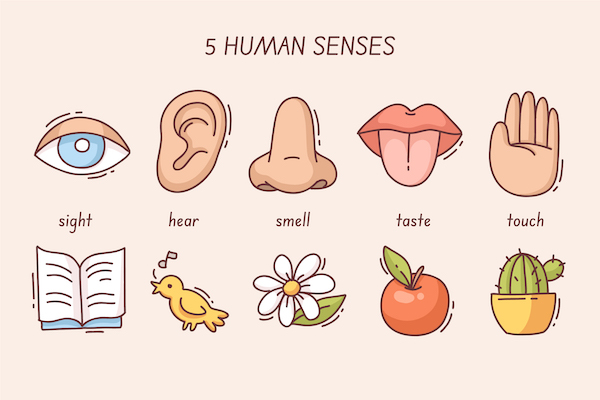
What are Abstract Nouns?
Abstract nouns are words that name things you can’t see, touch, hear, smell, or taste. They are ideas, feelings, or qualities that you can think about but can’t physically experience. For example, words like “happiness,” “love,” “freedom,” and “courage” are abstract nouns because they describe emotions, concepts, or states of being that exist in your mind. If it’s something you can feel or think about but not see or touch, it’s an abstract noun!
Examples of Abstract Nouns:
- Happiness (you can’t touch it, but you can feel it)
- Knowledge (you can’t see it, but you know when you have it)
- Bravery (you can’t smell it, but you recognize it in actions)
- Time (you can’t taste it, but you know it passes)
- Music (you can hear songs, but “music” itself is an abstract concept)
Let’s compare these two types of nouns side by side:
| Concrete Nouns | Abstract Nouns |
| Can be experienced with senses | Cannot be experienced with senses |
| Represent physical objects | Represent ideas, feelings, or qualities |
| Easy to picture in your mind | May be harder to visualize |
| Examples: chair, apple, cat | Examples: love, freedom, kindness |
Why learning the difference matters
Understanding the difference between concrete and abstract nouns helps you:
- Express yourself more clearly in writing and speaking
- Improve your reading comprehension
- Think more critically about the world around you
- Boost your creativity when telling stories or solving problems
Concrete nouns and abstract nouns
Concrete and abstract nouns are both important parts of our language. Concrete nouns help us talk about the physical world we can see and touch, while abstract nouns let us express complex ideas and feelings.
Remember, whether you’re holding a concrete “pencil” or thinking about the abstract idea of “creativity,” nouns are the building blocks that help us communicate our experiences and ideas.
Worksheets for teaching kids both concrete and abstract nouns!
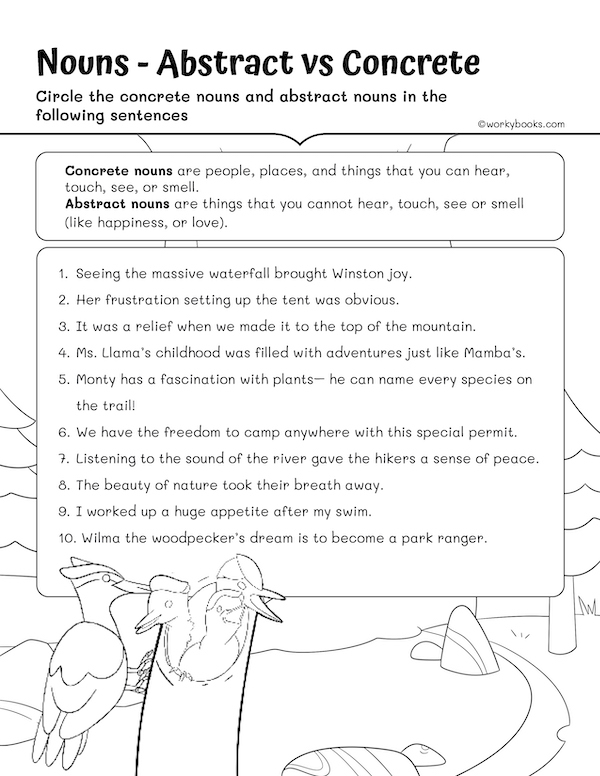
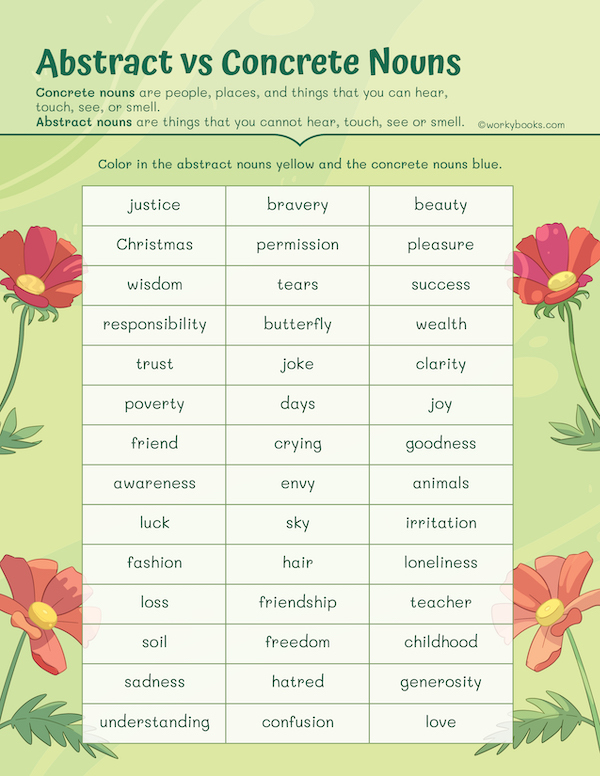
Fun Activities to Practice
- Sensory Scavenger Hunt: List 5 concrete nouns you can find in your room using each of your senses.
- Abstract Noun Charades: Act out abstract nouns like “happiness” or “confusion” and have friends guess.
- Noun Sorting Game: Create two boxes labeled “Concrete” and “Abstract.” Write nouns on cards and sort them into the correct boxes.
- Story Creation: Write a short story using 5 concrete nouns and 5 abstract nouns. Highlight them in different colors.
- Noun Pictionary: Try to draw both concrete and abstract nouns. Which ones are easier to draw?
Click here for getting noun practice packet. These illustrated, no prep, Common Core-aligned activities on nouns will keep your students busy and engaged. The 12 sheets included are perfect for morning work, lesson support, in-between lessons, and homework.
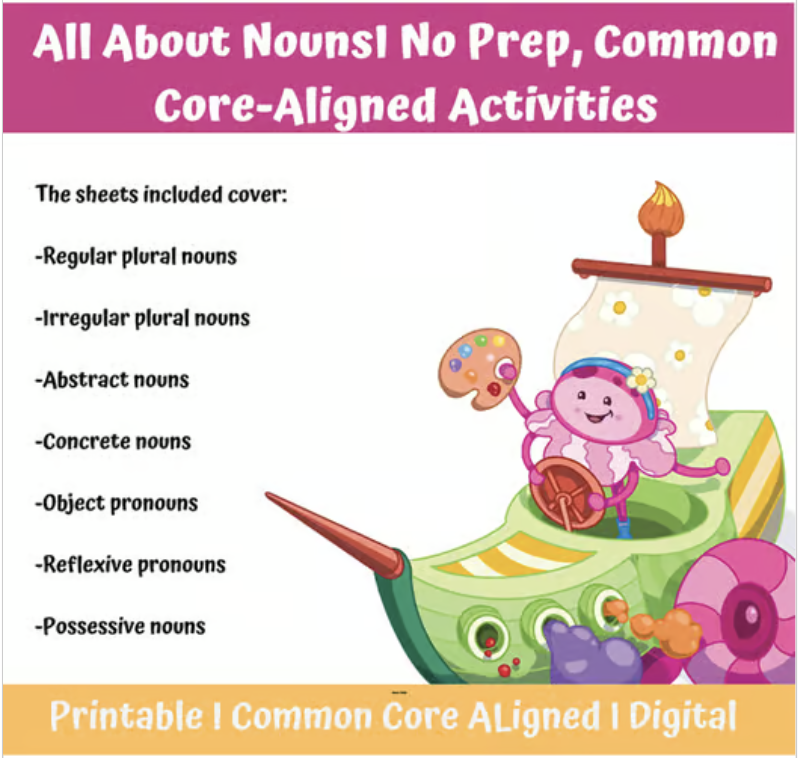
The sheets included cover:
-Regular plural nouns
-Irregular plural nouns
-Abstract nouns
-Concrete nouns
-Object pronouns
-Reflexive pronouns
-Possessive nouns
Your students will love activities like “Fixing the Shopping List” and “Roy’s First Day of School.” Included you will find fill in the blank, coloring, circling, matching, and underlining activities.
